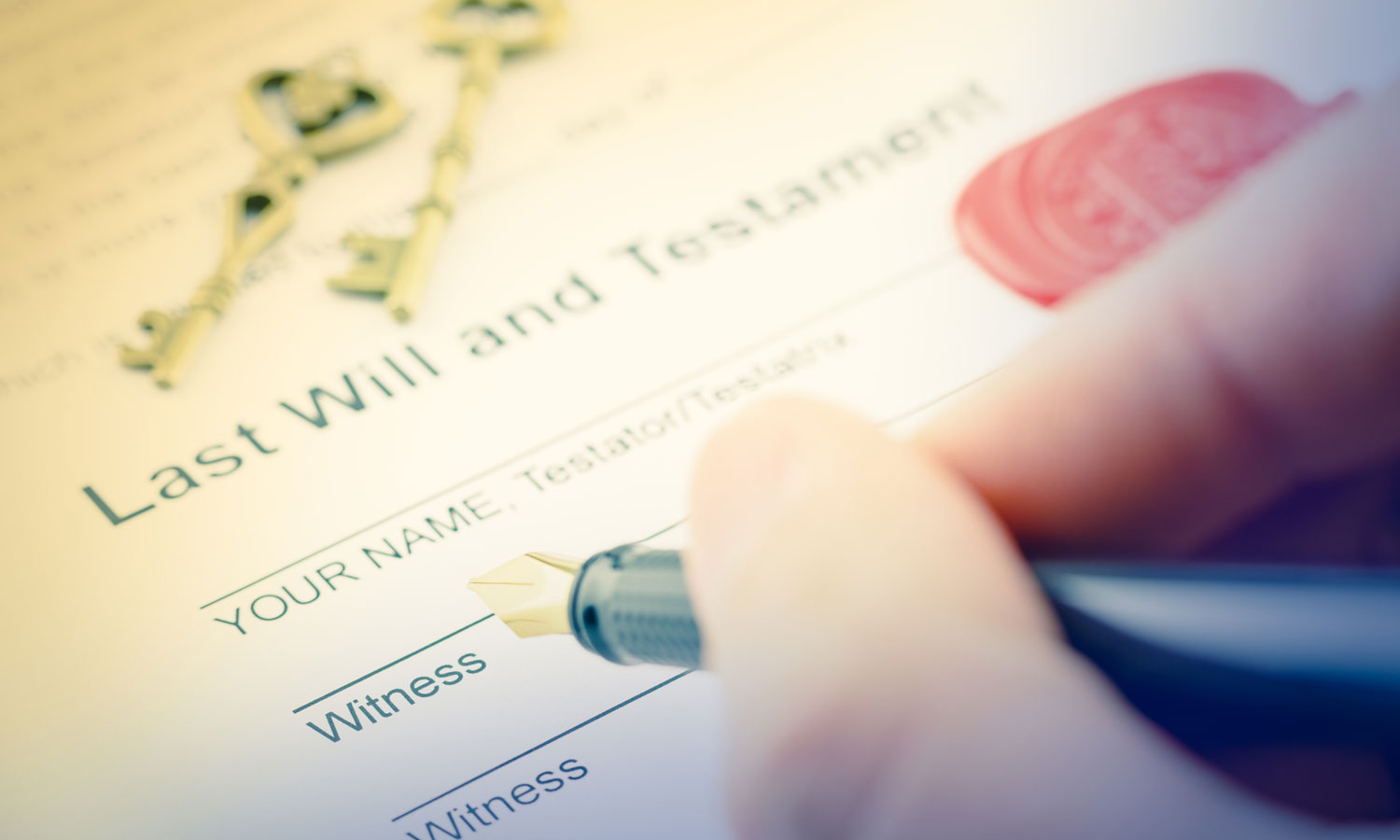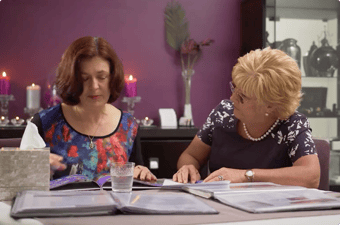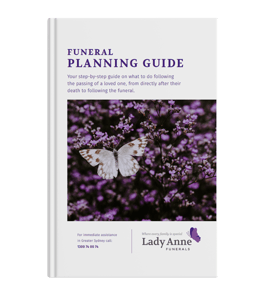When a person dies, families and friends are left dealing with enormous amounts of grief and distress. On top of the grieving process, the responsibilities and important decisions are left to be made by the family.
To avoid getting caught up in messy legal disputes and confusion, it’s beneficial to inform yourself on some of the legalities involved with the passing of an individual. So I’ve spent some time and put together some brief information on wills, funeral arrangements, organ donations, death registration and taxes.
Wills
What is a will and who can write one?
Fortunately, most people are aware that the will is one of the most important and foremost legal processes after death you should know. However, if you're not so sure then a will can be explained as a written legal document stating how the will maker wants their property and possessions divided and distributed after death.
Commonly specified in a will is the items you wish to give certain people, the person you trust to carry out the instructions in the will (the executor) and any other instructions you may have following your death such as the decision to be buried or cremated.
Wills can be made by anyone with sound mind and memory. It is recommended to make your will whilst in good health as sufficient capacity to make a will can be disputed if you are extremely old or sick.
An individual can write a will themselves, however it must be signed and witnessed formally otherwise considered invalid. This can be done by a lawyer, NSW Trustee or private Trustee. It is advised that the will is prepared by an expert supported by accountants, taxation, investment and legal professionals to avoid errors.
Things to consider when writing a will
- What’s in your estate? Assets like your house, land, car, bank accounts and jewellery count.
- Beneficiaries - who do you want to leave your will to?
- Executor - Appoint someone you trust as they will be responsible for seeing that your wishes in the will are carried out
- Appoint a guardian of infant children
- Deciding on funeral arrangements - burial or cremation?
For further information on the division of belongings read how you can share belongings fairly.
It's important to consider what can happen if a will is not in place. An example of the situation going awry can be seen in this case where the family is disputing the division of assets.
Funeral arrangements
When a person dies it is their next of kin who has certain responsibilities to fulfill. Although there is no legal obligation to arrange a funeral they are required to provide personal details of the deceased so that the death can be registered.
The executor allocated in the will has the responsibility to organise the funeral and has a right to the possession and custody of the body until it is buried or cremated. If there isn’t a will or an executor has not been appointed, the next of kin is responsible for the body. If the next of kin doesn't want to be involved, the funeral may be arranged through a government contractor.
Before you sign up to a prepaid funeral plan, learn your rights.
Organ donation
Many people specify to become organ donors as a way of potentially saving the life of someone in desperate need of an organ or to contribute to medical research. If the person dies in hospital and certain conditions are met, their family may be approached for organ donation consent. If the deceased has not specified their views on organ donation the decision can be left to next of kin.
To make it understood that you do in fact want to donate your organs, there are steps that can be taken in your lifetime to ensure your wishes are fulfilled after death. Donor consent can be registered with the Australian Organ Donor Register.
Death registration
When someone dies a medical certificate or cause of death needs to be issued by a doctor and should be sent to the Registry of Births, Deaths and Marriage. This can be done either by the doctor, the executor or funeral director.
Find out about what you need to submit to the Registry of Births, Death and Marriage.
Taxes
Income Tax
If the deceased was receiving a taxable income at the time of death the estimated tax debt or credit should be included in their list of assets and liabilities and a tax return should be lodged with The Australian Taxation Office.
Note: If the administration of an estate continues over a long period of time the estate itself may become a tax paying entity.
Tax exempt bodies
People often leave all or part of their estate to a tax exempt body. They include:
- Public hospitals
- Religious and Charitable institutions
- Superannuation funds
- Approved deposit funds
Hopefully you’ve found this brief guide helpful. Of course, if you have any questions then feel free to reach out to myself or any of the ladies at Lady Anne Funerals.








